The winners of the VinFuture 2024 Main Prize have just been honored at the prestigious Queen Elizabeth Prize for Engineering 2025 for their inventions that have created modern machine learning technology.
Previously, many VinFuture Prize winners have been consecutively honored with the Nobel Prize, which is a testament to the VinFuture Prize's ability to early identify globally influential works.
According to the announcement of the Queen Elizabeth Prize, the scientists including Professor Yoshua Bengio, Professor Geoffrey Hinton, Professor John Hopfield, Professor Yann LeCun, Mr. Jensen Huang, Dr. Bill Dally, and Professor Fei-Fei Li were honored for their important contributions to the development of modern machine learning - a key factor leading to the breakthrough progress of artificial intelligence (AI). The award for the group of scientists is 500,000 pounds.
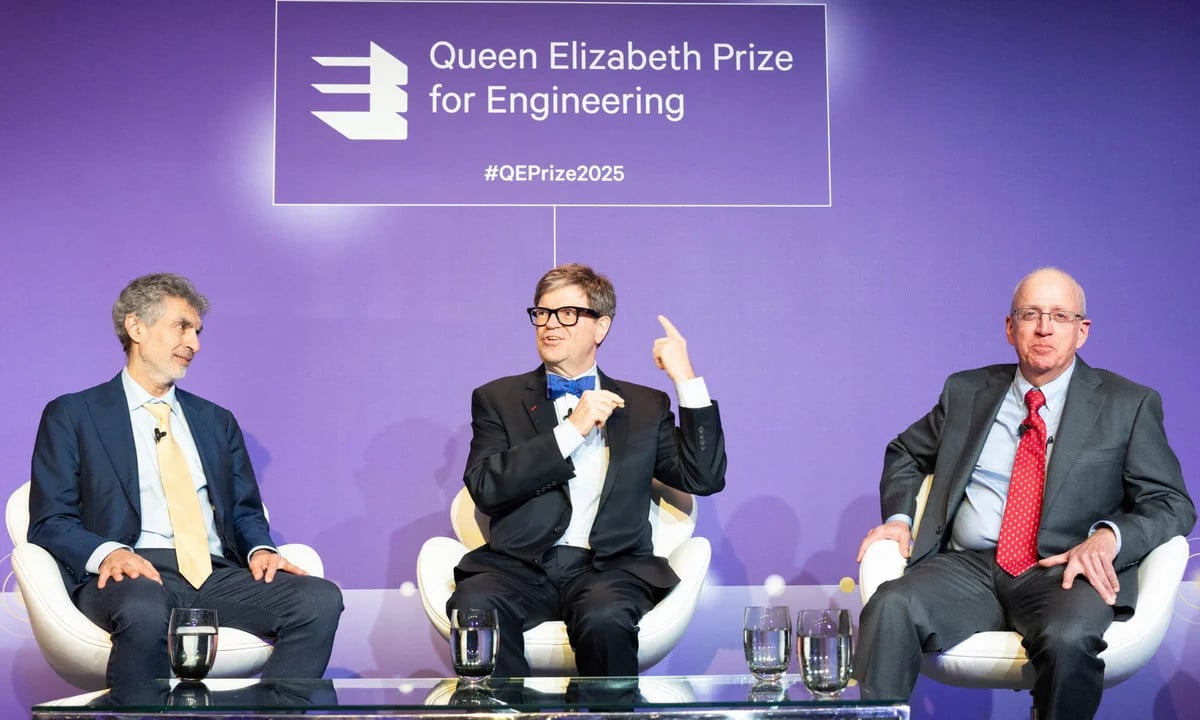
Explaining the selection of this year's honorees, the Queen Elizabeth Prize Foundation said it wanted to recognize all three core pillars of modern machine learning: algorithms, high-performance hardware, and quality datasets.
This comprehensive recognition also coincides with the decision of the VinFuture Prize Council to award the Main Prize worth 3 million USD to a group of 5 leading scientists in the field of AI in December 2024. At that time, Prof. Geoffrey Hinton, Prof. Yann LeCun and Prof. Yoshua Bengio were honored for their revolutionary contributions to neural networks and deep learning algorithms. In addition, computing performance has also increased rapidly thanks to advances driven by Mr. Jensen Huang in the use of graphics processing units (GPUs). Prof. Fei-Fei Li's creation of the ImageNet dataset has promoted progress in image recognition systems, helping to train deep learning models at large scale.
Not only honoring outstanding scientists, the difference of the VinFuture Prize compared to most international awards lies in discovering and honoring pioneers who bring science into life to serve humanity.
VinFuture is a major international science award honoring Mr. Jensen Huang - a non-academic figure, and Prof. Fei-Fei Li, demonstrating the comprehensive vision of the VinFuture Prize Council and in line with the development trend of modern science and technology, when achievements with great impact are the result of the combination of academic research and practical application.
Professor Richard Henry Friend, Chairman of the VinFuture Prize Council, said that this is exactly what VinFuture aims for - a comprehensive recognition of contributions from all components of the science and technology ecosystem. Groundbreaking innovations often come from the intersection of academic research and industrial development. Only when scientists and businesses join hands can truly meaningful breakthroughs be created for humanity.
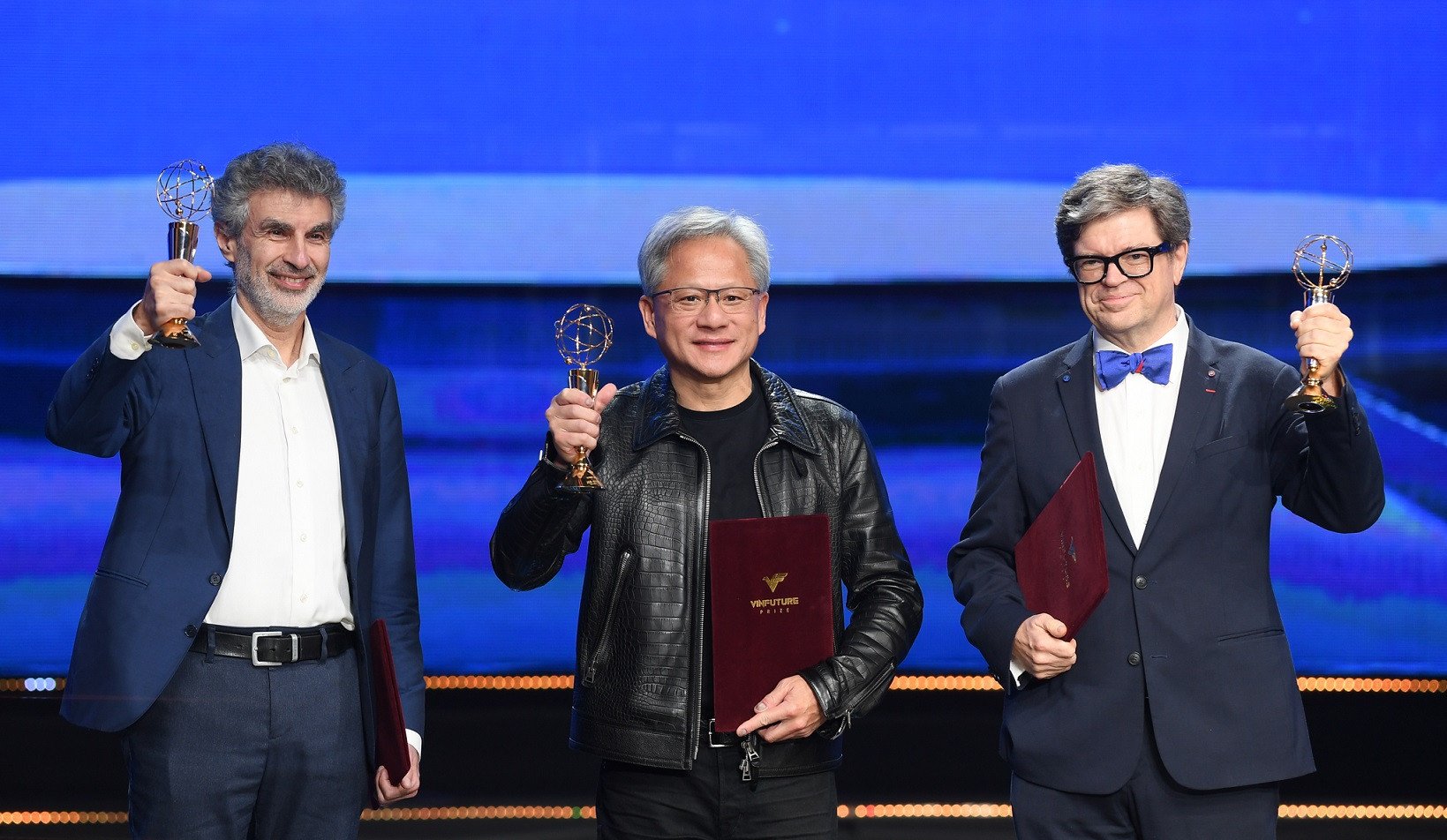
The vision and mission of the VinFuture Prize are increasingly solidified in the world science and technology community, as many VinFuture Prize winners continue to be honored with long-standing international awards, especially the Nobel Prize. In 2023, Dr. Katalin Karikó and Prof. Drew Weissman, the two winners of the VinFuture Main Prize 2021, were honored with the Nobel Prize in Medicine for their research on nucleoside modifications, an important premise for the birth of mRNA vaccines against Covid-19.
By 2024, Dr. Demis Hassabis (UK) and Dr. John Jumper (USA) - Co-winners of the VinFuture Special Prize for Emerging Fields 2022 - were awarded the Nobel Prize in Chemistry for creating an AI model to predict protein structure. In the same year, Prof. Geoffrey Hinton was honored with the 2024 Nobel Prize in Physics for his discoveries and foundational inventions that enable machine learning using artificial neural networks. According to Prof. Friend, these honors are the clearest evidence of the VinFuture Prize's ability to early identify globally influential works, even though the prize has only been in operation for more than 4 years.
| The Queen Elizabeth Prize for Engineering was launched in 2012 to celebrate groundbreaking engineering innovations that benefit humanity globally. To date, 26 scientists have been honoured with the award. The 2025 winners will share a prize money of £500,000. |
The Dinh
Source: https://vietnamnet.vn/5-chu-nhan-giai-vinfuture-nhan-giai-thuong-nu-hoang-elizabeth-2025-2368931.html




































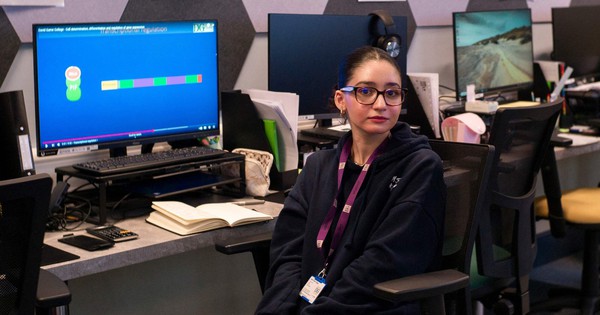

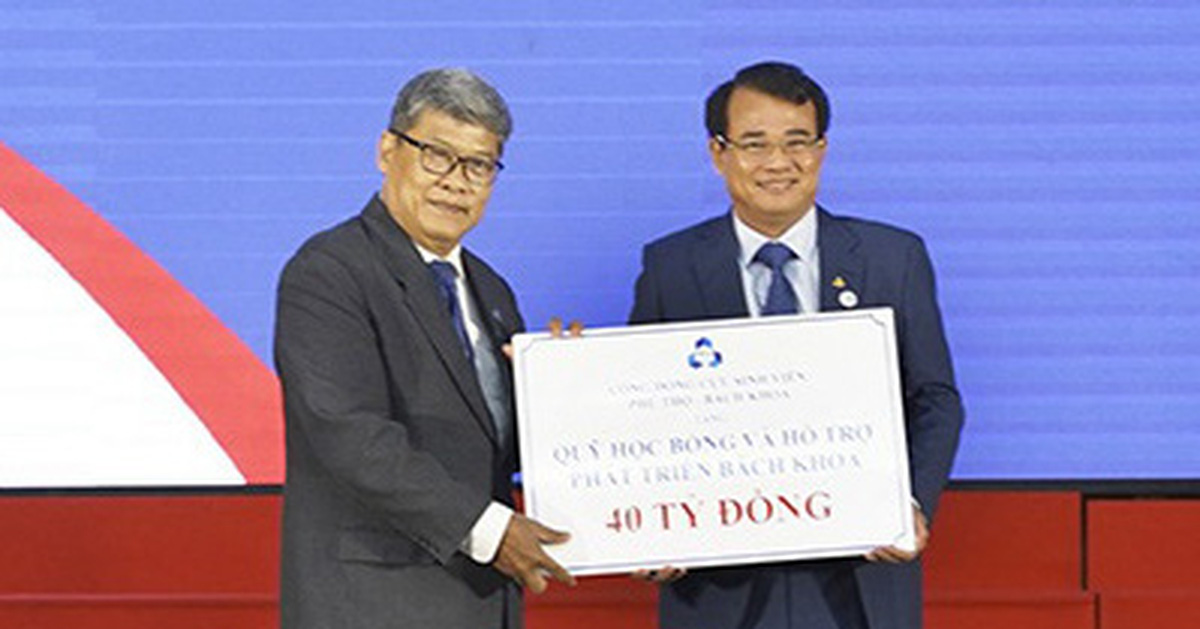

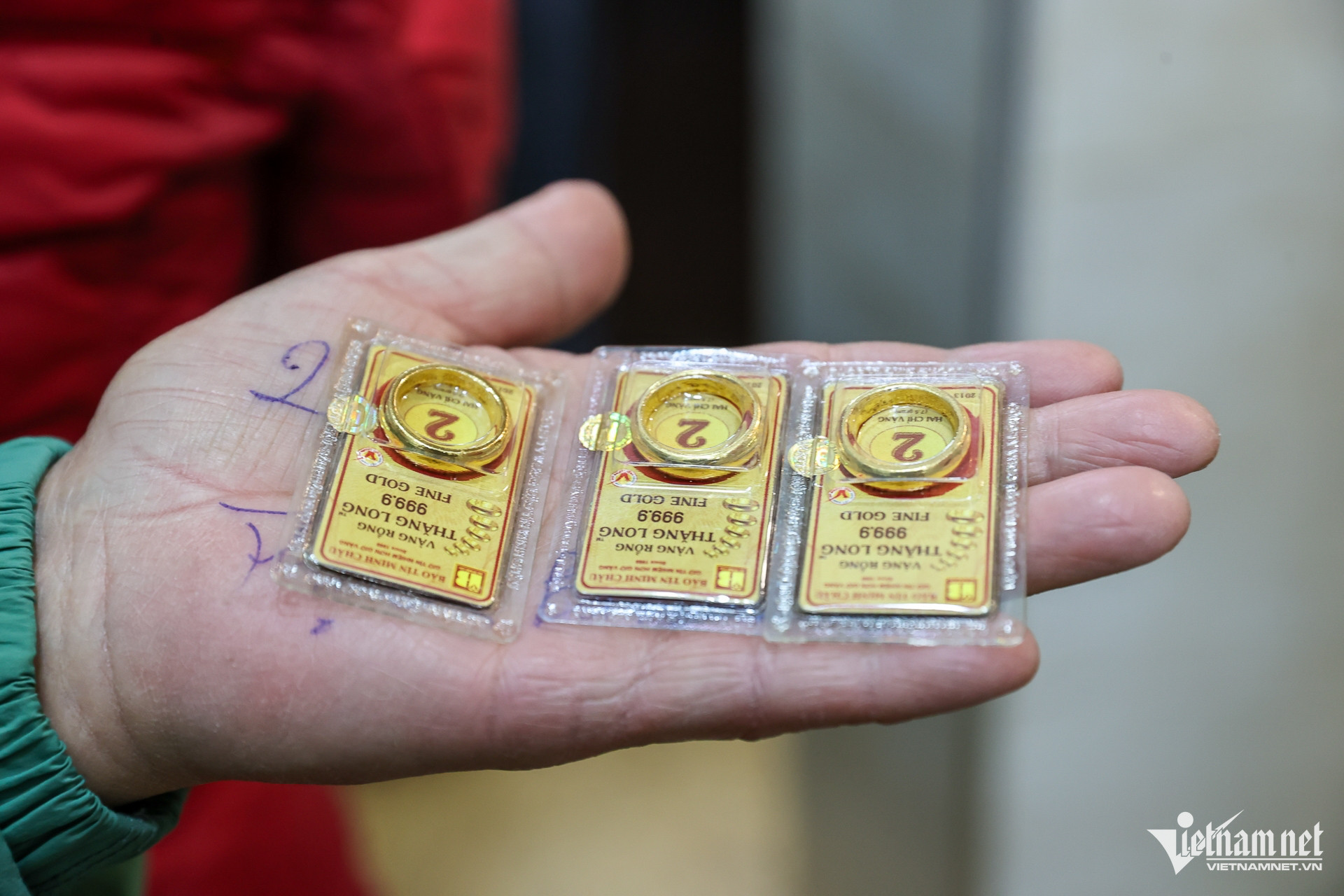






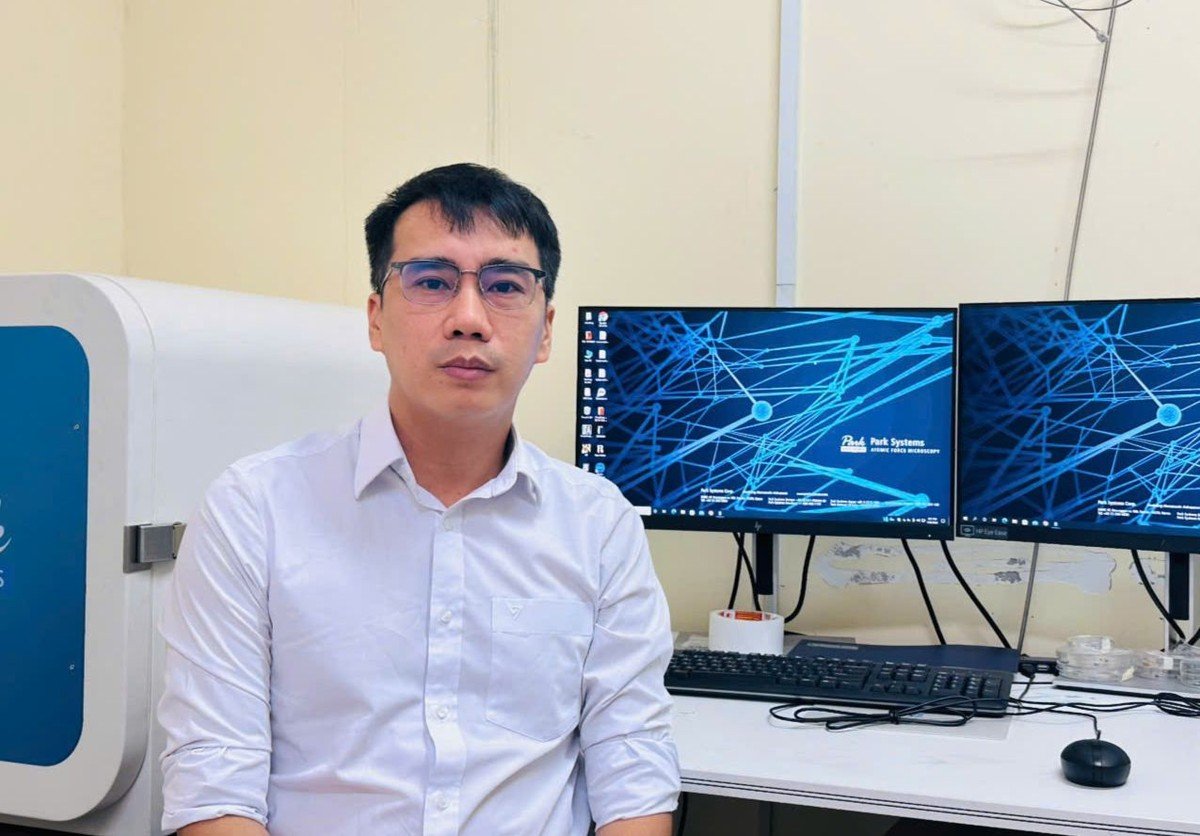



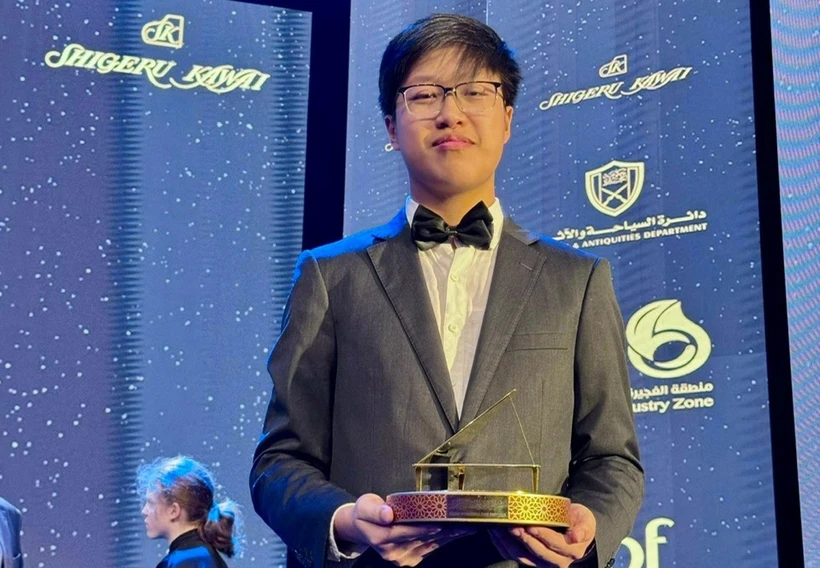






Comment (0)